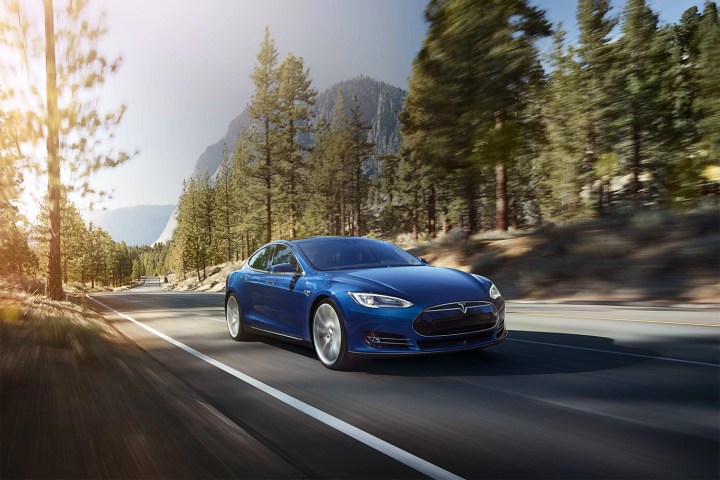
Root Insurance cites a report published recently by the National Highway Traffic Safety Administration (NHTSA) that concludes Tesla vehicles equipped with Autopilot are almost 40 percent less likely to get in an accident than are cars not equipped with the feature. That’s because Autopilot — as its name implies — functions as a digital co-pilot that makes driving safer by helping prevent the car from veering out of its lane and plowing into a neighboring or oncoming vehicle, among other functions. It doesn’t make the car fully autonomous, as Tesla has relentlessly stressed, but it plays a big part in improving safety.
Getting a discount isn’t as straightforward as telling Root you paid Tesla to unlock Autopilot. Motorists who want to take advantage of the deal first need to download the company’s purpose-designed application, and turn it on during their daily commute. The app measures the number of Autopilot-eligible highway miles logged by the driver and uses that figure to calculate how much of a discount he or she can get. Root promises Tesla drivers can save a lot of money, but a specific figure hasn’t been provided yet.
Don’t worry if you can’t afford a Tesla. Root Insurance is evaluating other, similar systems currently on the market, and it will announce additional discounts in the coming months. With semi-automated driving aids quickly trickling down from high-end cars to more basic models, the number of drivers eligible for lower insurance is set to grow in the coming years.
Editors' Recommendations
- Tesla Autopilot vs. full self-driving: What’s the difference?
- Volkswagen is launching its own self-driving car testing program in the U.S.
- Tesla hopes full self-driving beta will be out globally by the end of 2022
- How a big blue van from 1986 paved the way for self-driving cars
- We now know what the self-driving Apple Car might look like




